A partnership with Sam Altman and Elon Musk’s OpenAI looks to be a win-win for both companies. But a “holy grail” breakthrough is likely decades away.


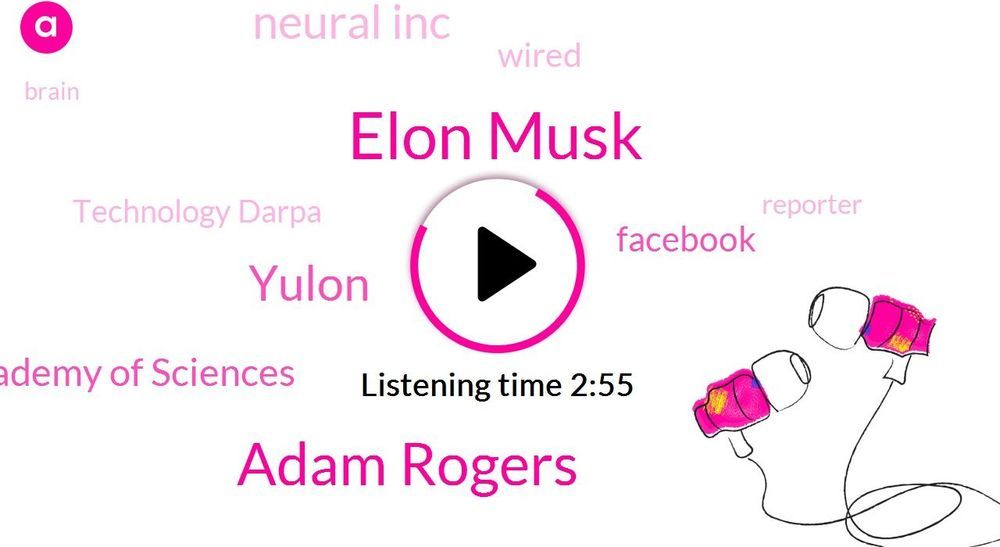
Aired on Gadget Lab Podcast: buddy Elon Musk because it’s always fun to talk about Elon Musk and this time the man wants to put a computer in your brain this past Tuesda.
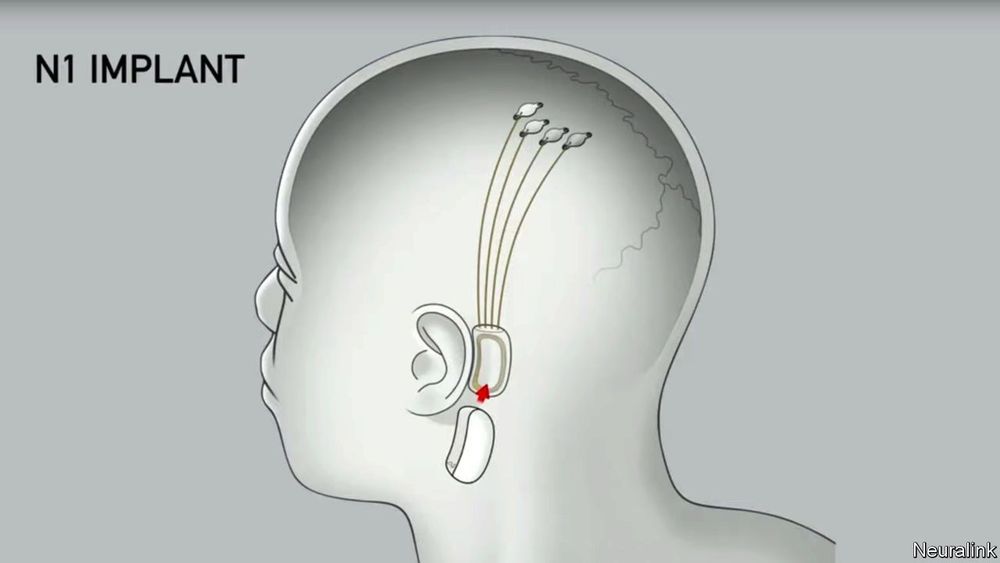
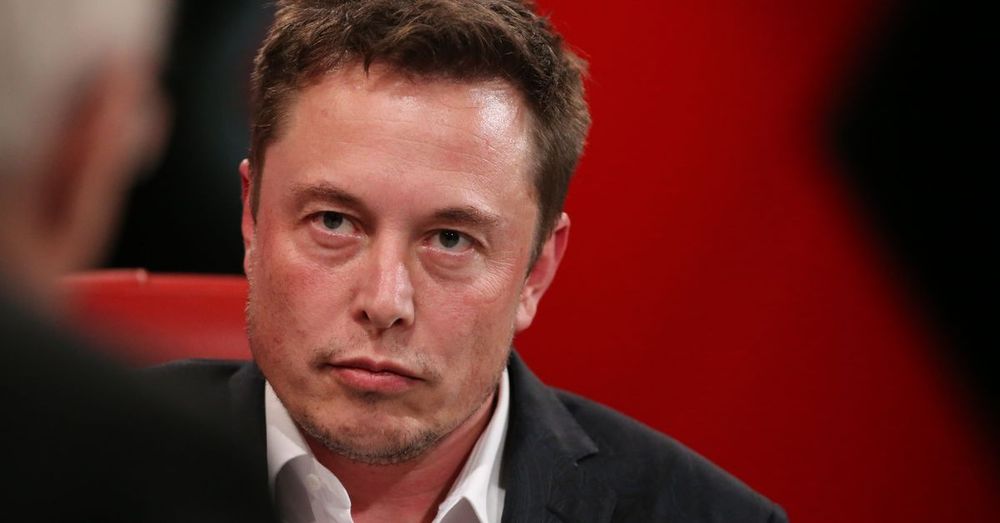

Neuralink, Elon Musk’s startup that’s trying to directly link brains and computers, has developed a system to feed thousands of electrical probes into a brain and hopes to start testing the technology on humans in in 2020, Chief Executive Elon Musk revealed Tuesday. And it’s working already in animal tests. “A monkey has been able to control a computer with his brain,” Musk said at a San Francisco Click on photo to start video.
&feature=youtu.behttps%3A%2F%2Fwww.mozilla.org%2Fen-US%2Ffirefox%2F70.0a1%2Fwhatsnew%2F%3Foldversion%3D69.0a1” target=“_blank” data-component=“externalLink” rel=“noopener”>livestreaming the presentation on YouTube Tuesday, revealing even more research results than the company’s scientists expected.
Neuralink’s initial goal is to help people deal with brain and spinal cord injuries or congenital defects, Musk said. The technology could help paraplegics who have lost the ability to move or sense because of spinal cord injury — a medical treatment that’s a lot less shocking than radical sci-fi ideas like “consensual telepathy.”
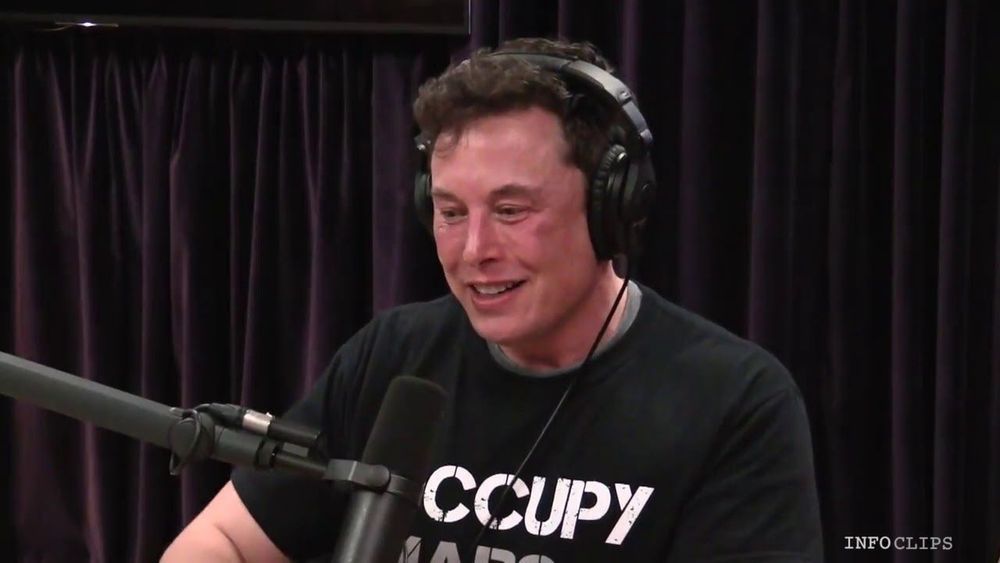
Neuralink is developing ultra-high bandwidth brain-machine interfaces to connect humans and computers.
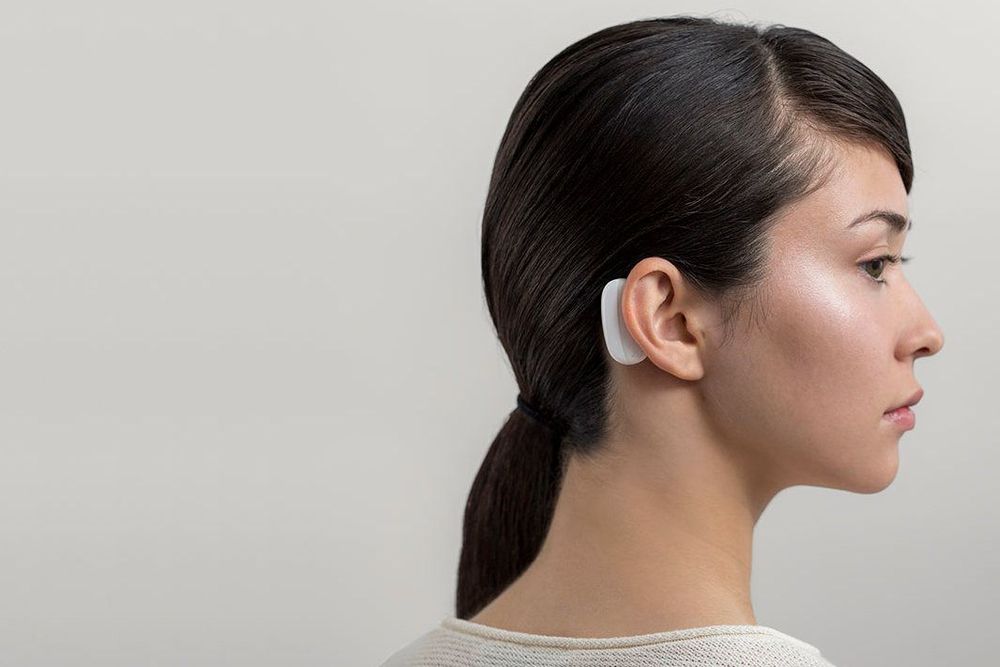

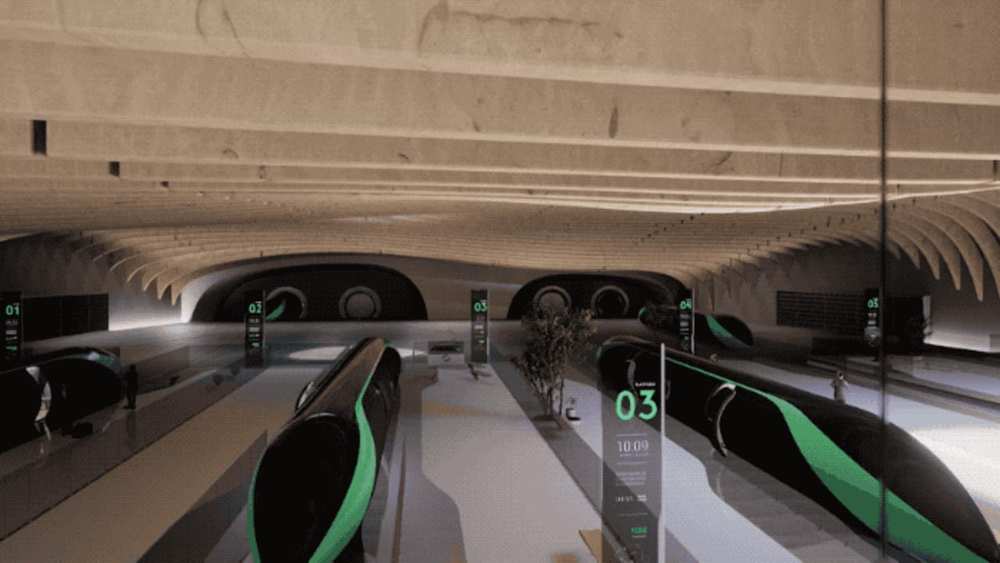
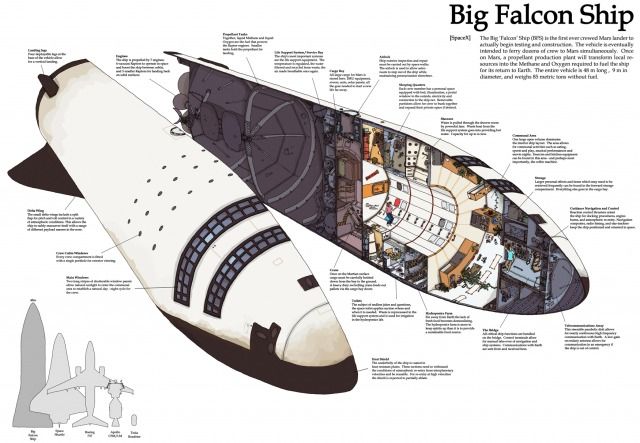
Elon Musk, the founder of the rocket company SpaceX, has “aspirational” plans to launch people to Mars in 2024 and ultimately colonize the red planet.
To make the roughly six-month one-way journey, Musk and his engineers have dreamed up a 347-foot-tall launch system called the Big Falcon Rocket, or BFR. The spacecraft is designed to have two fully reusable stages: a 19-story booster and a 16-story spaceship, which would fly on top of the booster and into into space.
SpaceX employees are now building a prototype of the Big Falcon Spaceship at the Port of Los Angeles. Gwynne Shotwell, the company’s president and COO, reportedly said Thursday that the spaceship may start small test-launches in late 2019.